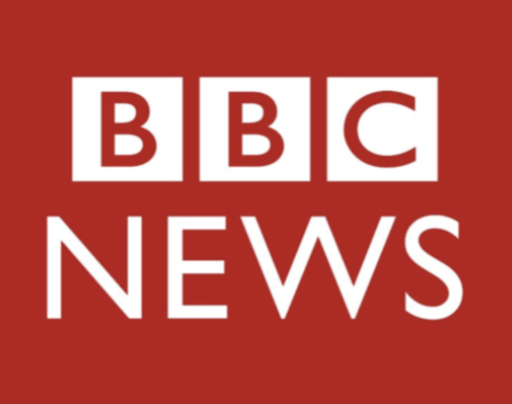I grew up watching technology change the world around me, so I almost feel as if I grew up alongside it. As I got older, technology grew at a pace that I didn't realize was possible. Technology has had such a big impact on my life, as well as so many others in my generation. But everyone has a different relationship with technology, with some having more negative experiences than others. Luckily for me, I feel that my personal relationship with technology has been a positive one.
One of the ways that technology has most impacted my life is the ability to connect with family and friends no matter where I am. Using applications like FaceTime, Messages, and Zoom allows me to talk to the people I love when I am not physically with them, which to me is so special. I remember when I used to live in London, and I would call my family back in America to stay in contact with them and plan visits. Had my family and I not had this kind of technology to contact them, we would have only been able to talk to our extended family in America during Christmas and summer holiday when we visited. Even when I moved back to America, I was able to use these tools of communication to stay in touch with the friends I made in England, who I still talk to today. It makes me so glad that I can contact all of my favorite people in an instant, no matter how far apart we are.Another aspect of technology that has had a positive impact on my life is how easy it is for me to get information online. Search engines like Google has made so easy for people to get information on any topic they want to know about, whether it be for sources on a school project, how to make a certain food, or even asking how old a celebrity is. In my case, it has been the biggest help in school, especially for research assignments. Because of the internet, I am able to discover new information on certain topics and have a better understanding of what I am learning. There is so much information people can discover online, which has been greatly helpful to everyone.
With that being said, not all aspects of technology are positives, as there are many ways technology can be misused to cause harm to others. The most prominent way being the dangers of losing our privacy through technology. In recent years, it has been discovered by the public that just about everything from our phone calls, online search history, and anything we do online are being watched by the government. What is so scary about this is that the government actually tracks all of our texts and phone calls, despite us wanting to keep them private. This was discussed earlier in this course in a Ted Talk from speaker Christopher Soghoian, he discusses the ways the government taps into our phones through wiretapping them, giving them the ability to listen to any private conversation we may have. As I mentioned before, having the ability to talk to my family when apart is something I truly value, so to think that there are people listening to every conversation we have is very scary, and can ultimately cause harm to innocent people if used maliciously.Another negative side of technology is the way it began the trend of cyberbullying. This is a huge issue that has become very prominent in recent years, with multiple kinds of cyberbullying arising. Any place online that has a form of contact such as text, social media, forums, and games can be used to cruelly target someone, in some cases without them even knowing who you are if done anonymously. As a result, this has become one of the main reasons that the suicide rates teens and young adults have skyrocketed since the invention of social media. In 2017, it was discovered that suicide has become the second leading cause of death for Americans aged 15 to 24. But this issue can go even beyond bullying, and take a much darker turn. The invention of technology has also allowed for practices like revenge porn to be done, which causes extreme harm to the victim. Having intimate photos or videos be released online as a form of revenge is a horrible breach of privacy that I could only imagine is terrifying to go through. Luckily in recent years, both cyberbullying and revenge porn have had laws made to make these actions criminal offenses, but this still doesn't put a stop to either. Before we had online forums like what we have today, neither of these issues existed, but because technology has grown so much over the years, people are able to use it to hurt others and even drive them to the point of suicide.
Technology's rapid growth over the past few decades has both positive and negative affects on people's lives. While my experience with technology has luckily been mostly positive over the years, I also can't ignore that there are many others who have a more negative and harmful experience. The relationships we all have with technology is truly based on the person, and what they have experienced in their personal lives.












